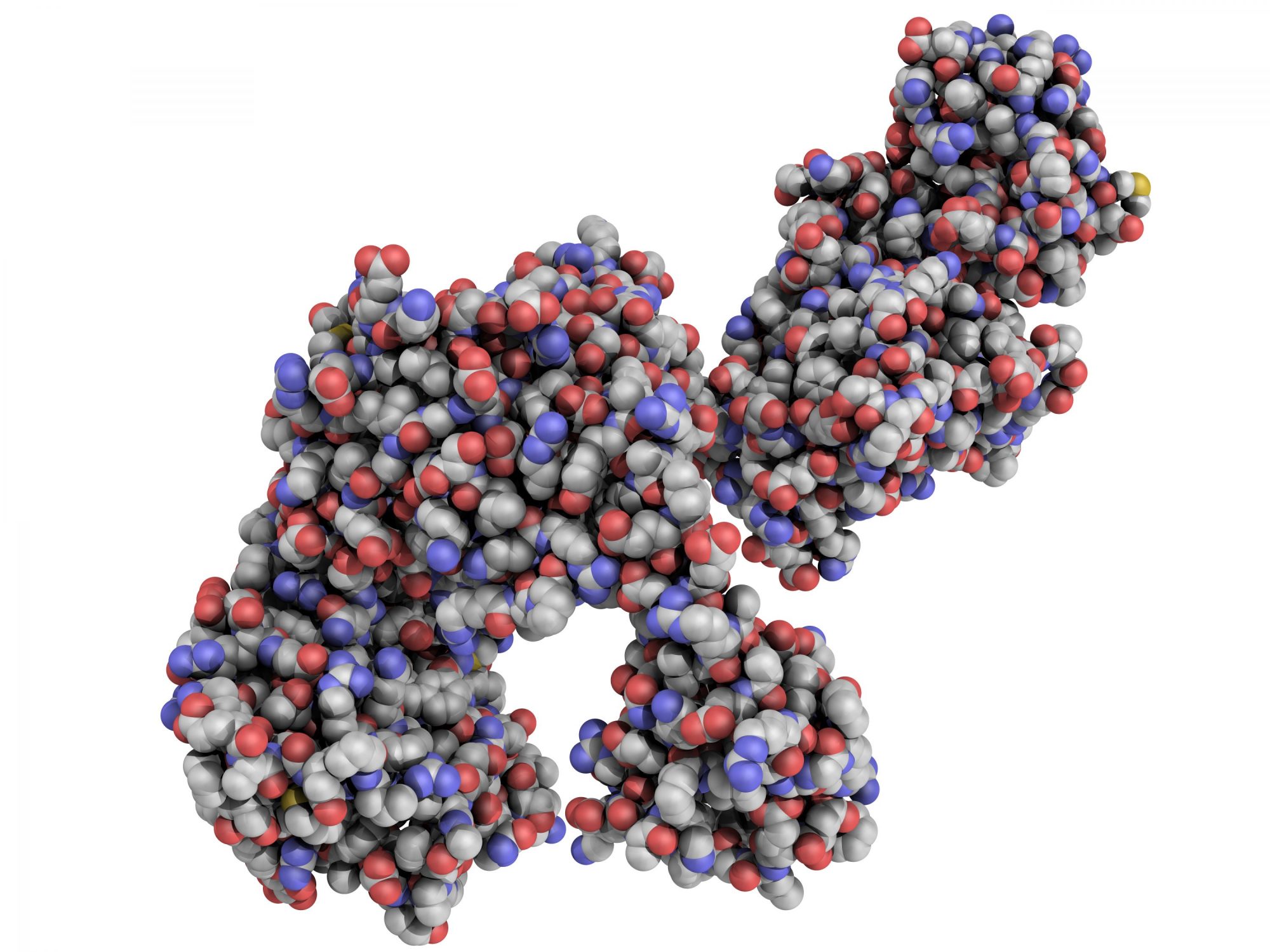
Protein-Based Adverse Drug Reactions (ADRs): Using Proteomics to Assess Drug Safety
Each year, adverse drug events cost millions of dollars in hospital admissions, injuries to patients, and malpractice. And companies spend billions of dollars on litigation involving allegations that their drugs caused adverse drug reactions (ADRs). What if there was a better way to determine individualized drug adverse events?
Welcome to the Age of Proteomics
The proteome refers to the complete set of proteins within a cell, organ, or organism. Proteomics is the study of the functional role of these proteins. Interactions between proteins underlie nearly every fundamental cellular process. While an organism’s genome is relatively fixed, its proteome varies between cells, with age, environmental stressors, chemical modifications, and more. Protein measurements provide researchers with a window into the life a cell as it responds to its environment. Simply stated, proteins are good indicators of health and illness in real-time.
Proteins are the main target of drugs.
Proteomics represents a new model for adverse reaction risk assessment. Even small protein changes can result in significant health effects. The measurement of protein changes related to negative health outcomes has the potential to be used a surrogate marker for assessing drug safety. In a recently published article, SomaLogic Inc. researchers and colleagues from Pfizer, the Karolinska Institute, and the University of Southern California, San Francisco report a new high-throughput measurement of blood-based proteins changes in response to drug treatment. Using a technology known as the SOMAscan, the authors were able to detect protein changes related to drug side-effects before negative symptoms could manifest in a patient.
The following video from SomaLogic demonstrates the SOMAscan Assay: A Breakthrough Proteomics Technology.
According to Dr. Stephen Williams, Chief Medical Officer of SomaLogic Inc., and study co-authors:
“Early detection of adverse effects of novel therapies and understanding of their mechanisms could improve the safety and efficiency of drug development… A protein-based risk assessment embedded within a large proteomic survey may prove to be useful in the evaluation of therapies to prevent harm to patients.”
Why do proteomics matter?
In clinical trials, adverse reactions will be detected sooner, minimizing negative outcomes in patients. The result is much improved drug safety. In addition, proteomic analysis can identify protein changes that underlie the biological mechanism behind harmful drug effects. Using this information, scientists will be able to predict potential harm based on individual responsiveness to drugs. Understanding the relationship between mechanism and response is crucial to A) pinpoint those patients who are at high-risk for serious drug reactions, and B) guide the usage of treatments known to have a significant risk of side effects.
Advances in proteomics may eventually help researchers create drugs that are “personalized” to achieve improved efficacy with fewer side effects. Tools like the SOMAscan will enable faster and more efficient evaluation of drug effects on human health. The day may come when a lawyer uses a protein-risk assessment to demonstrate who can and cannot be adversely affected by a client’s drug or chemical. In the future, proteomics will be a key determinant of an individual differences in susceptibility (or lack of) to an adverse drug event and chemical toxicity.
